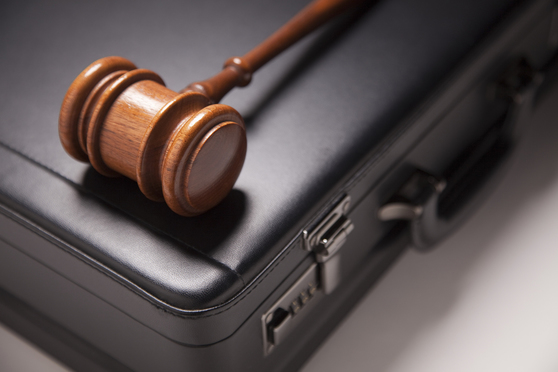Plaintiffs in legal malpractice actions frequently assert that negligence by their lawyer caused the plaintiff to lose an opportunity to settle an underlying action. The Pennsylvania Superior Court has repeatedly stated it “will not permit legal malpractice actions based upon speculations regarding settlement negotiations,” as in McCartney v. Dunn & Connor, 386 Pa. Super. 563, 563 A.2d 525 (Pa. Super. 1989), citing to Mariscotti v. Tinari, 335 Pa. Super., 599, 485 A.2d 56, 58 (Pa. Super. 1984). In Schenkel v. Monheit, 266 Pa. Super. 396, 405 A.2d 493, 495 (Pa. Super. 1979), the court held that monetary figures reflecting the “settlement value” of a case discussed during settlement negotiations cannot be alleged as the actual harm necessary to sustain a legal malpractice action.
The courts in Pennsylvania have consistently held proof of actual loss is an essential element in a legal malpractice action based on breach of contract. (See Kituskie v. Corbman, 552 Pa. 275, 714 A.2d 1027, 1030 (Pa. 1998); Duke & Co. v. Anderson, 275 Pa. Super. 65, 418 A.2d 613, 617 (Pa. Super. 1980) (“When it is alleged that an attorney has breached his professional obligations to his client, an essential element of the cause of action … is proof of actual loss.”); see also, Gorski v. Smith, No. 320, 2002 Pa. Super. 334, 812 A.2d 683 (Pa. Super. 2002) (A “client suing an attorney for breach of contract must demonstrate, as part of his or her claim, actual damages.”).) A plaintiff cannot depend on speculation or guess to establish the actual loss element of a legal malpractice. It is insufficient proof of actual loss that more could have been done. Similarly, proof that the plaintiff may have been able to achieve a better result is speculative and not sufficient to establish actual loss attributable to the lawyer.
This content has been archived. It is available through our partners, LexisNexis® and Bloomberg Law.
To view this content, please continue to their sites.
Not a Lexis Subscriber?
Subscribe Now
Not a Bloomberg Law Subscriber?
Subscribe Now
LexisNexis® and Bloomberg Law are third party online distributors of the broad collection of current and archived versions of ALM's legal news publications. LexisNexis® and Bloomberg Law customers are able to access and use ALM's content, including content from the National Law Journal, The American Lawyer, Legaltech News, The New York Law Journal, and Corporate Counsel, as well as other sources of legal information.
For questions call 1-877-256-2472 or contact us at [email protected]



